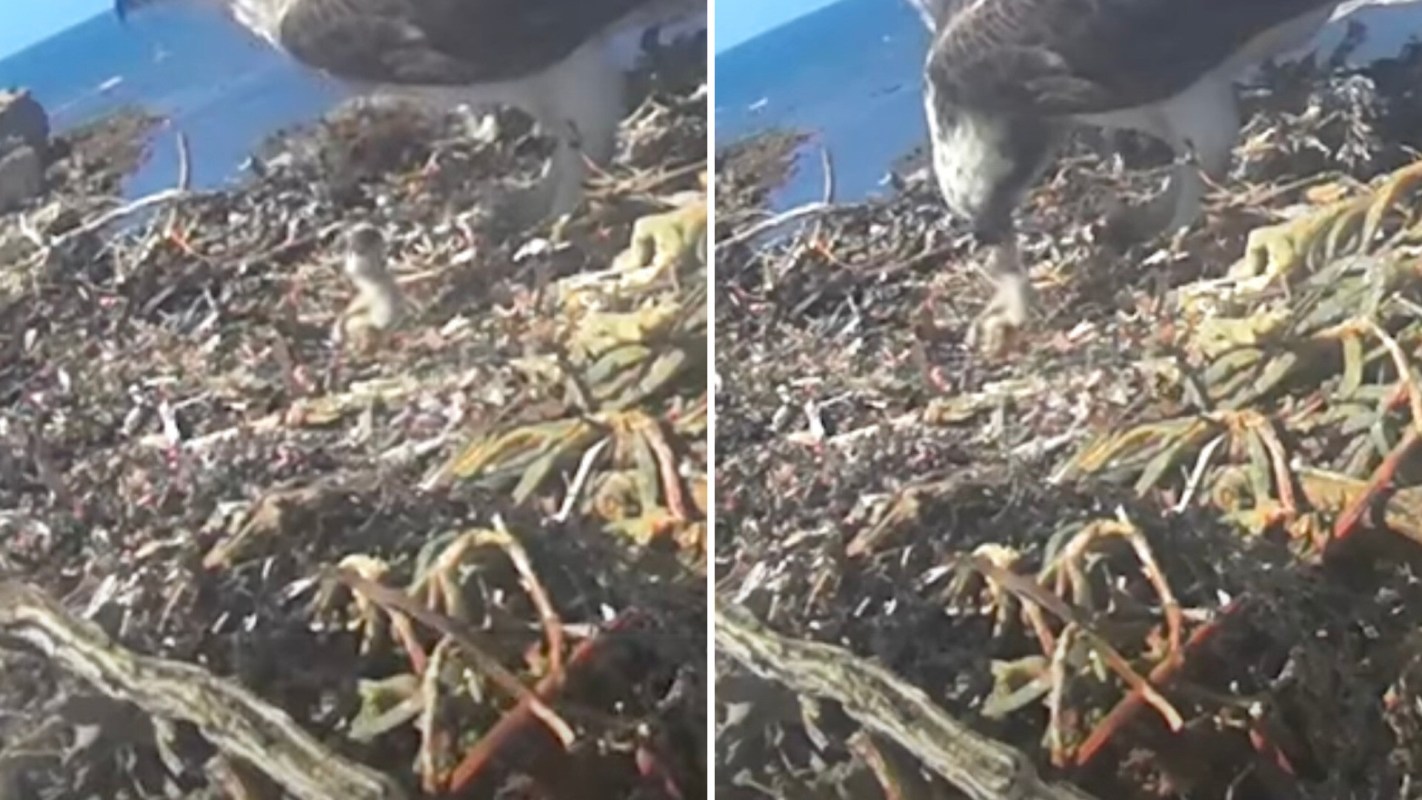Bird is the word on Tumby Island, South Australia (SA), as the conservation park off the southern end of Tumby Bay on Eyre Peninsula welcomed the arrival of a rare eastern osprey chick.
While those local to the area knew of the arrival, a livestream video broadcast across Facebook and YouTube showing the chick hatching on a specially built platform captivated viewers across the globe.
"People are absolutely thrilled and enormously protective," Fran Solly, secretary of the Friends of Osprey conservation group, told the Guardian.
As reported by the Guardian, the eastern osprey is classified as endangered in SA with fewer than 50 breeding pairs, and recent surveys point to a rapid decline in the species population. Part of the problem was that the birds didn't have proper places to build nests.
Videos set up to watch the birds further showed that foxes were making their way to the island at low tide — an issue that has also affected the Little Penguin population in another part of the country — and stealing the birds' precious eggs, ABC News Australia reports.
The osprey's struggle caught the attention of David Spiers, SA's State Environment Minister at the time, and he helped form the Osprey Recovery Plan and the artificial platform project, and the Friends of Osprey conservation group came after.
Since then, 14 of the artificial nesting platforms have been installed across the state, which is a costly and challenging job that sometimes had to be done by helicopters, according to ABC News. The efforts have paid off.
"Now, we have a chick on Tumby Island, which is just fantastic news, because it means the platform is working," Solly said.
Artificial nests have been used effectively elsewhere. These giant ones were built off the coast of the United Kingdom by Danish wind farm company Ørsted to help support the populations of kittiwake, a seabird species at risk of extinction that may be impacted by the company's nearby wind farm.
Projects like these are increasingly important as the race to slow our planet's rapid overheating and save species from extinction continues. That said, Solly pointed out that once born, the chicks still face an uphill battle.
"It really is survival of the fittest," she told ABC News, "and that can be really hard to watch, but that's nature so we have to go with it."
Join our free newsletter for cool news and cool tips that make it easy to help yourself while helping the planet.









